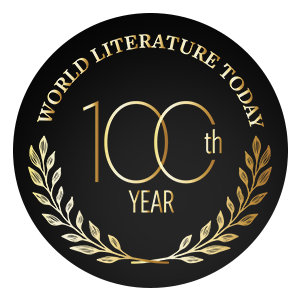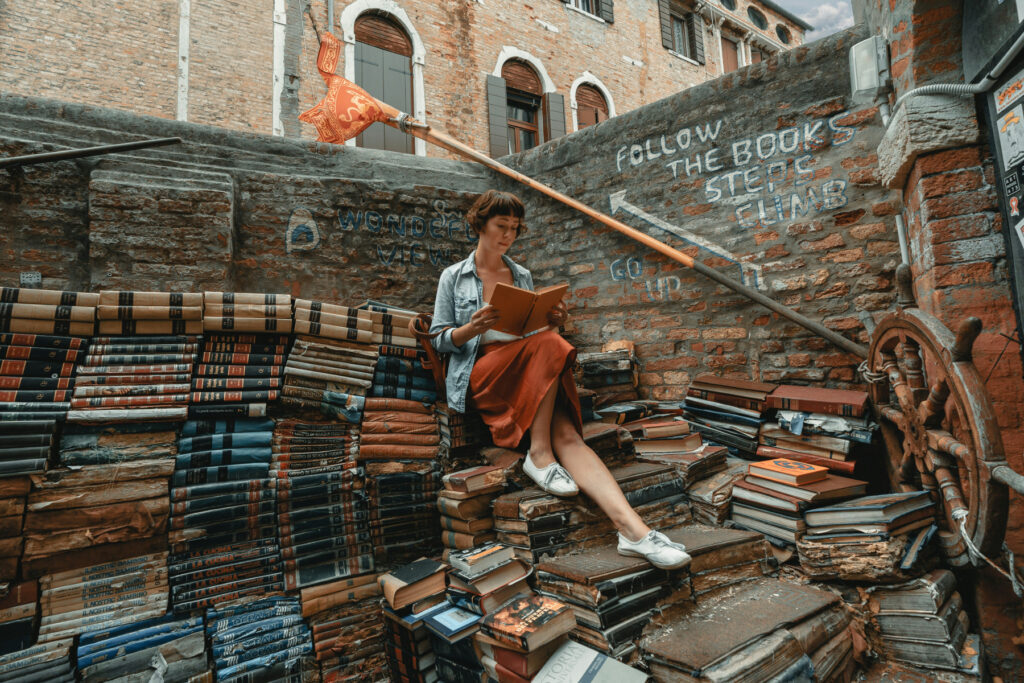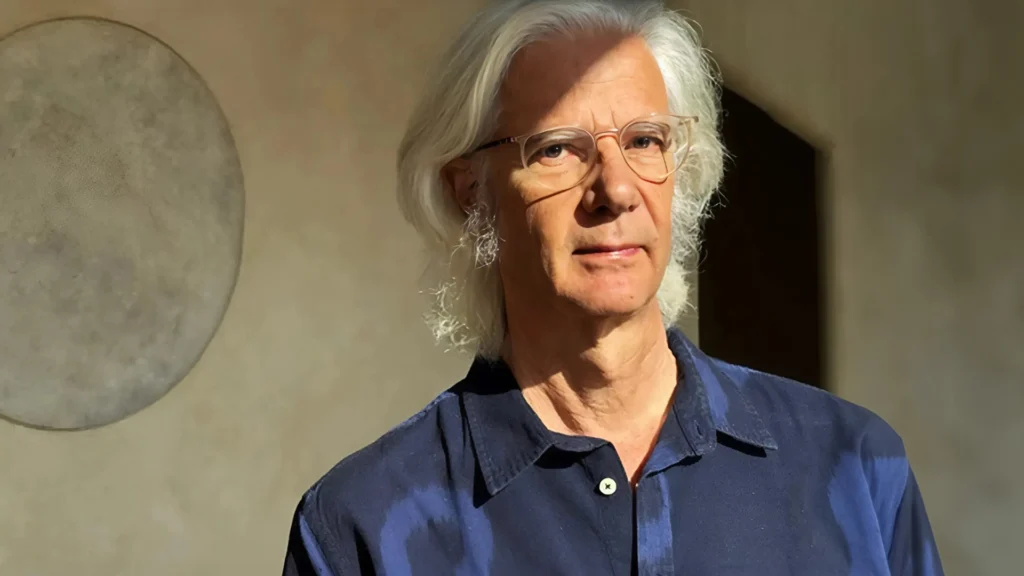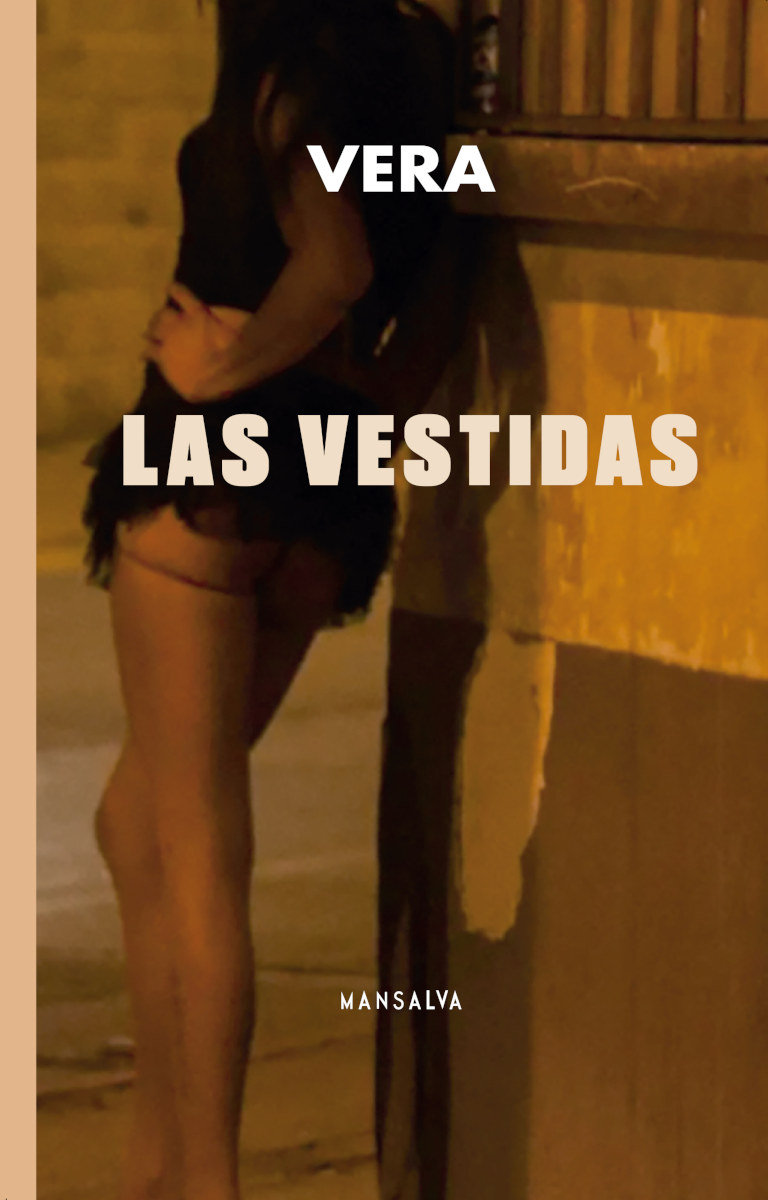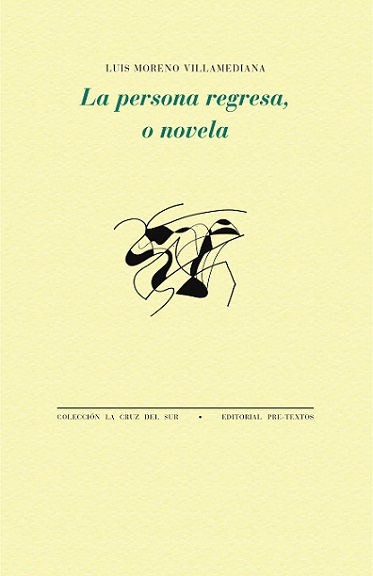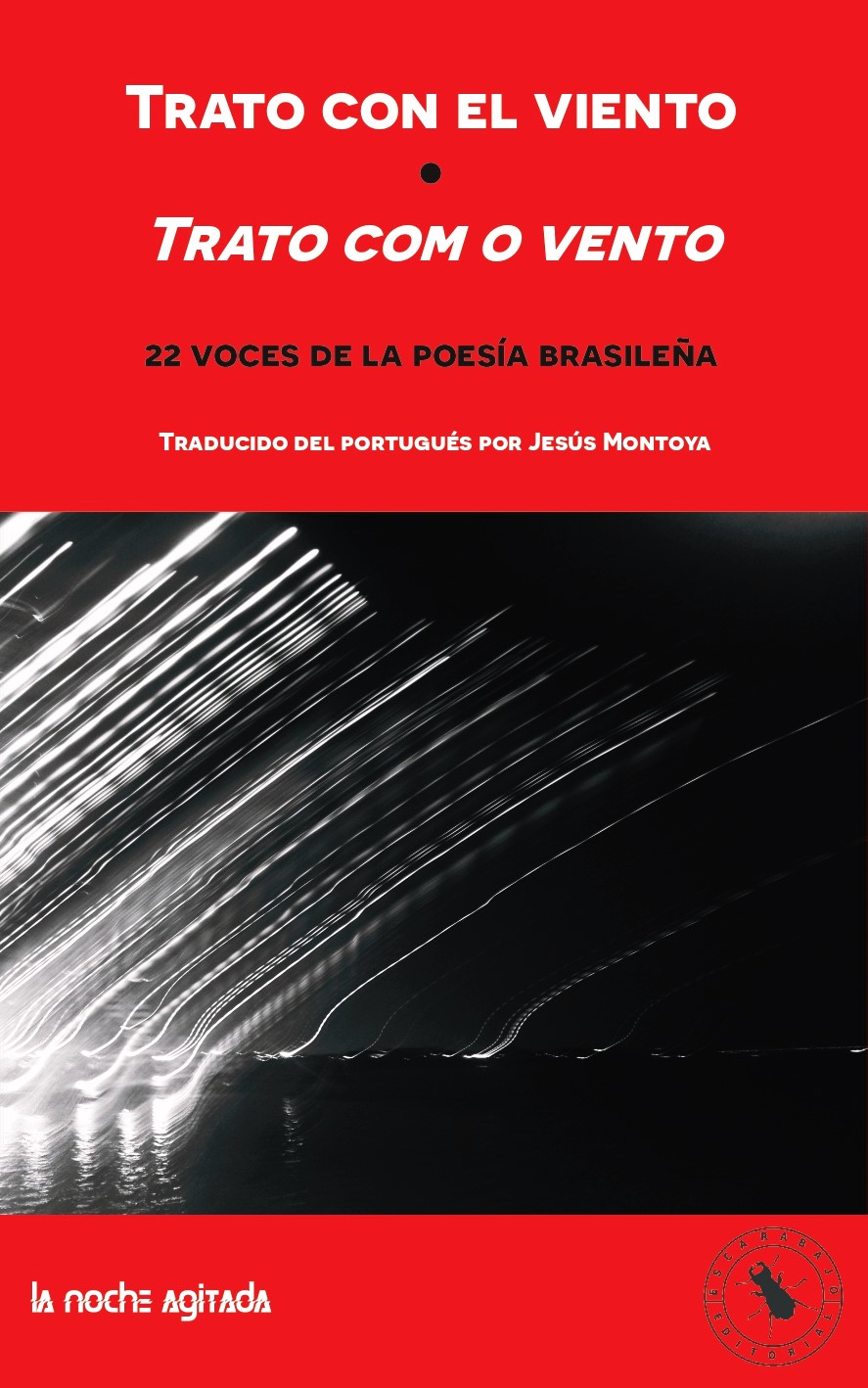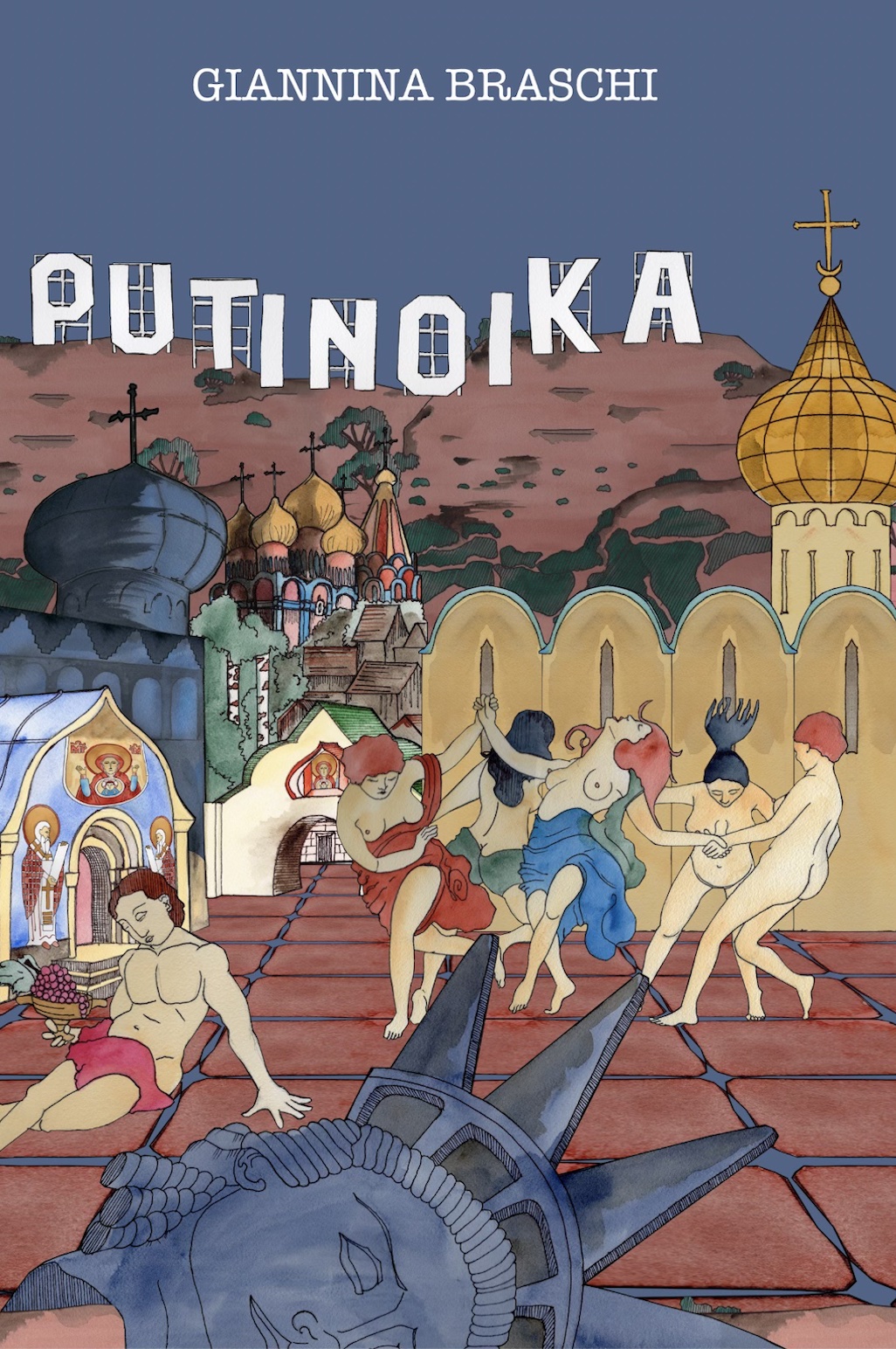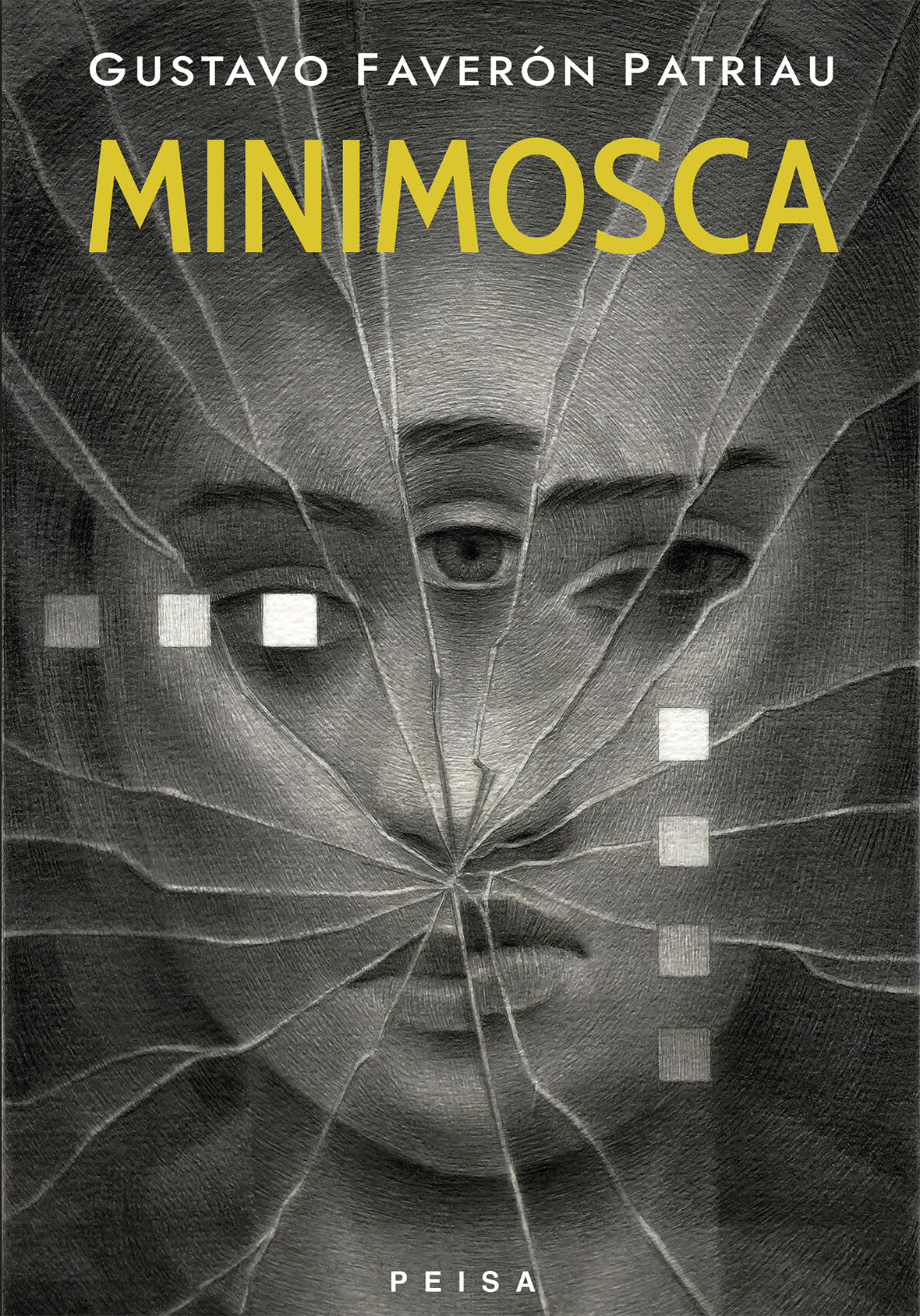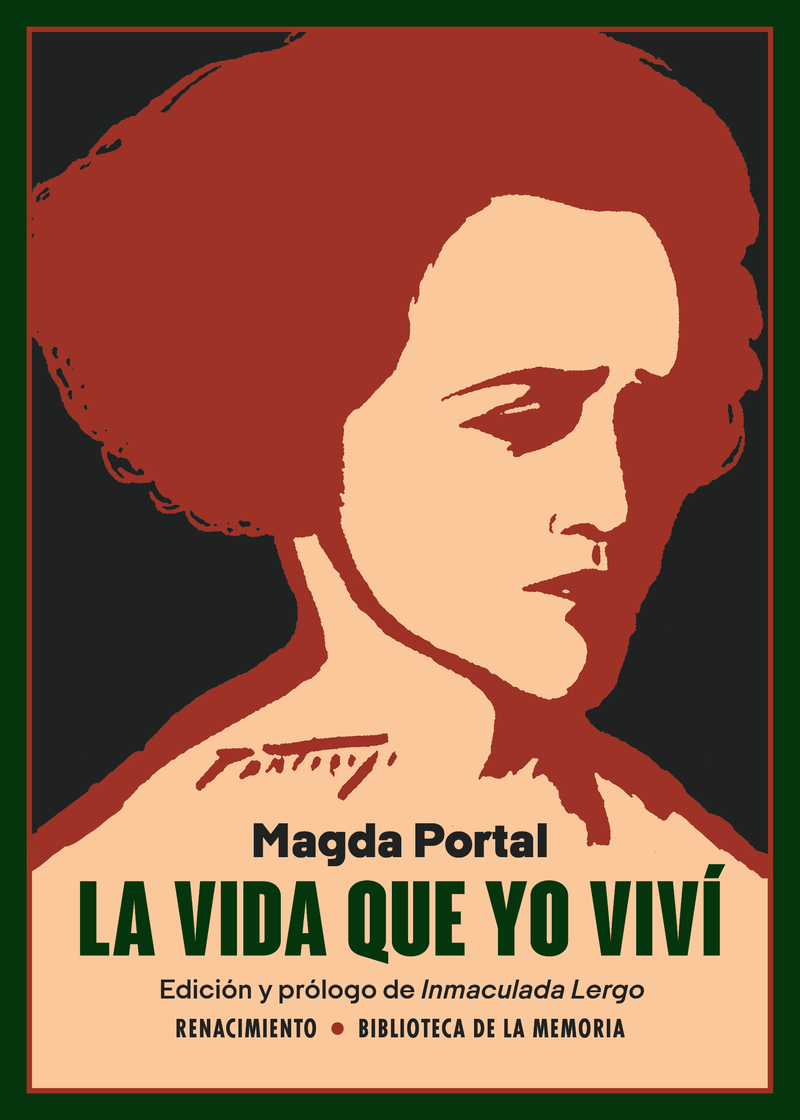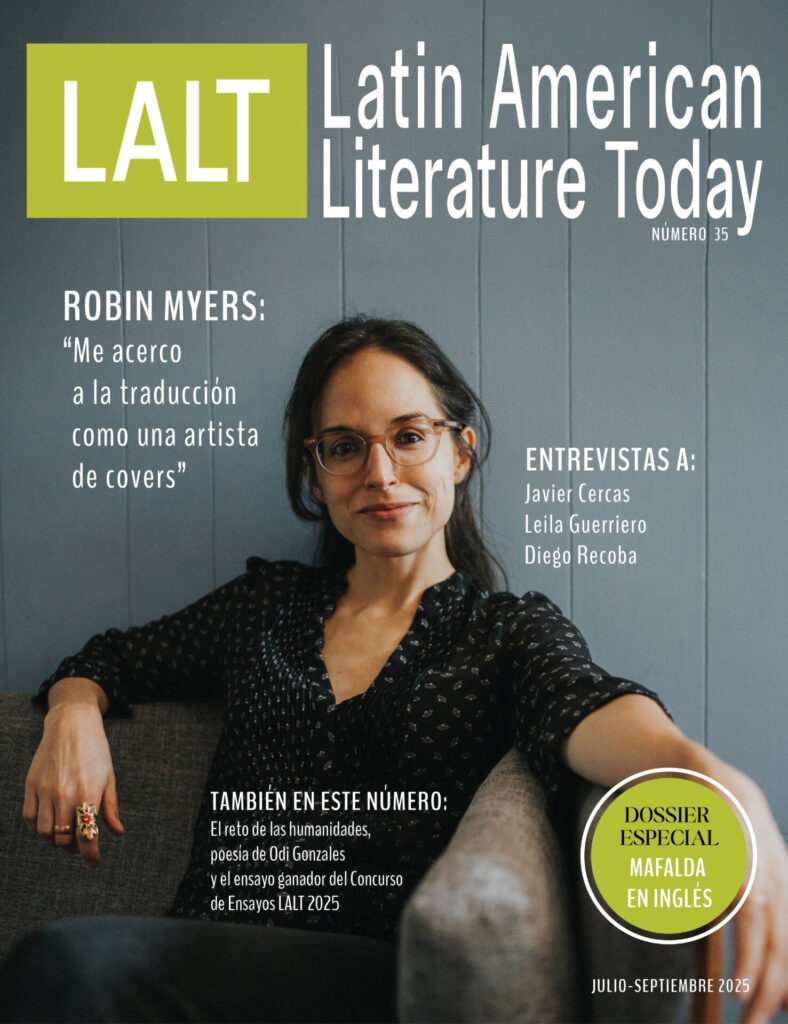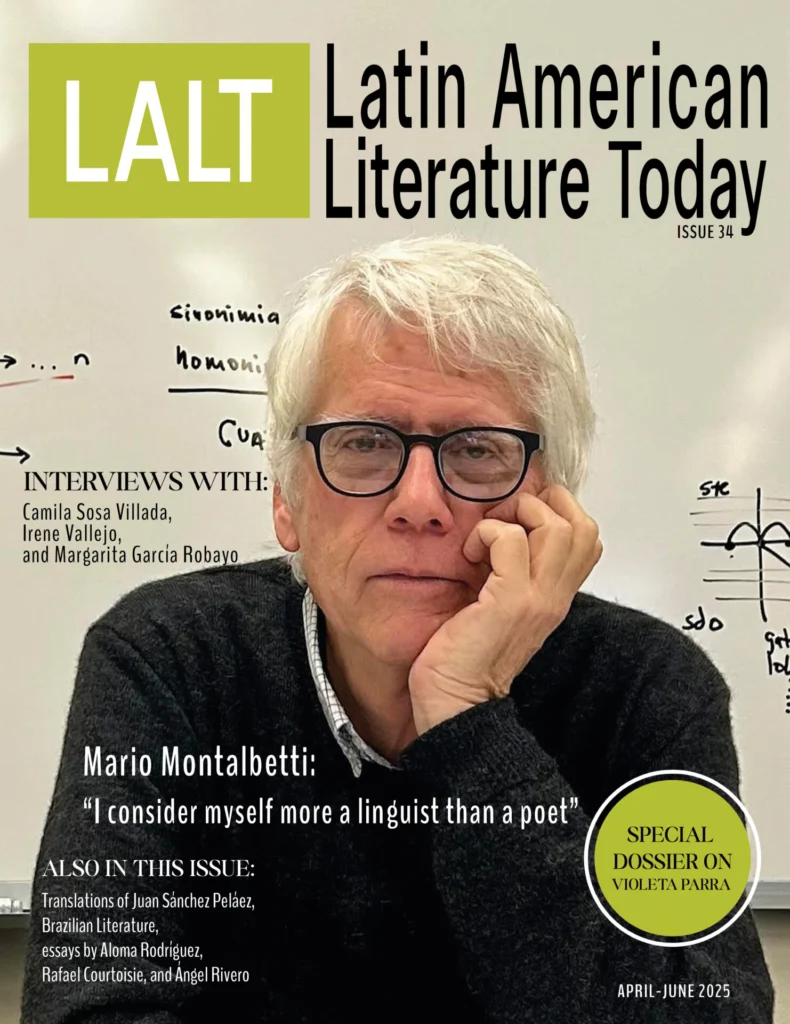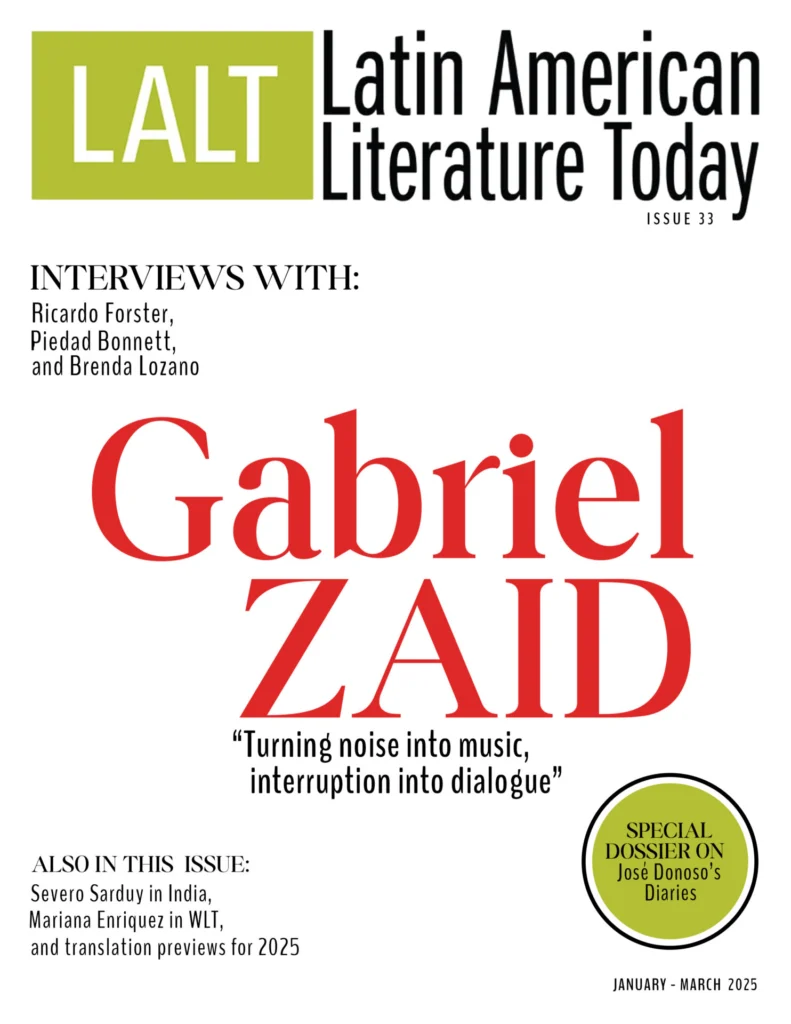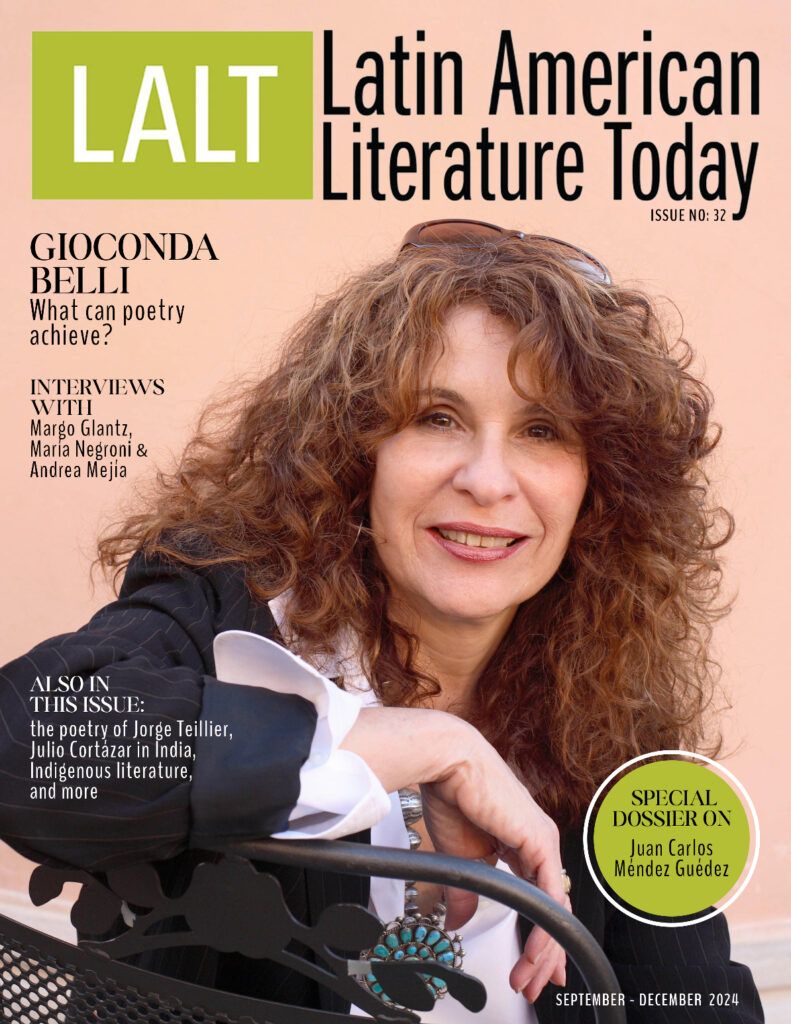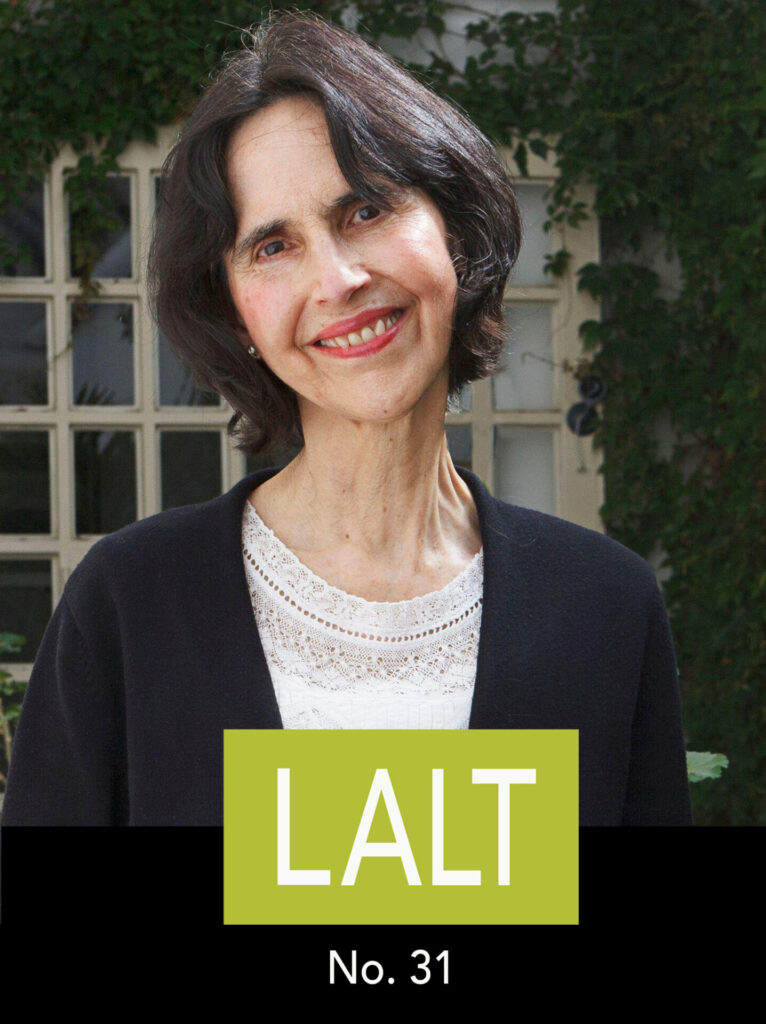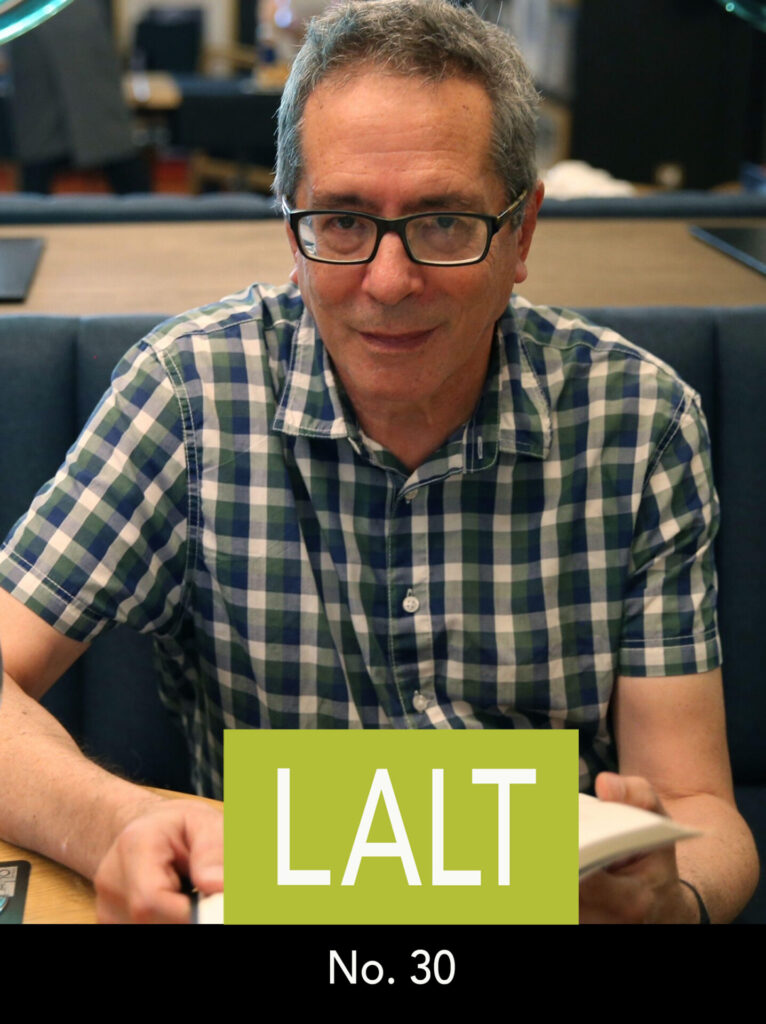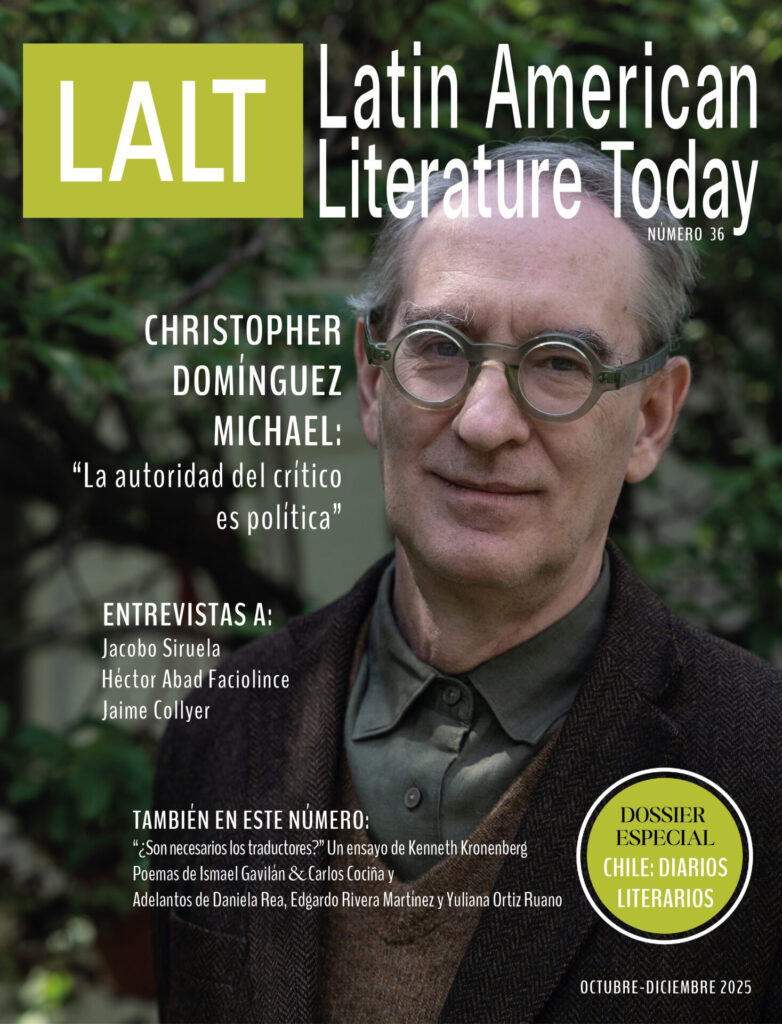
NÚMERO
36
DICIEMBRE
2025
2025
En nuestro número treinta y seis, destacamos la figura del crítico literario con un dossier de portada dedicado a Christopher Domínguez Michael, reconocido como uno de los crítiocs e intelectuales definitivos de su generación. Domínguez Michael es el autor de biografías, antologías y libros de historia indispensables, dedicados a la literatura de su México natal y del mundo. El segundo dossier del número se centra en el tema, a menudo ignorado, del diario literario, con reflexiones sobre tres diaristas chilenos: Álvaro Campos, Francisco Díaz Klaassen y Gonzalo Millán. También incluimos entrevistas a Jacobo Siruela, Jaime Collyer, Mariana de Althaus y Héctor Abad Faciolince, poemas de Ismael Gavilan, Carlos Cociña, Martín Tonlameyotl, Nora Alarcón y Maria Emanuelle Cardoso, un ensayo sobre la inteligencia artificial de Kenneth Kronenberg, adelantos de nuevos libros traducidos de Daniela Rea, Edgardo Rivera Martínez y Yuliana Ortiz Ruano y reseñas de doce libros nuevos de toda América Latina.
Autor Destacado:
Christopher Domínguez Michael
Sus libros confirman que es esteta, filólogo jovial, filósofo e historiador, sin perderse en esos campos, dejando que las ideas rijan sobre el afecto. Latinoamericano mundial, no “latinoamericanista”, es maestro de la interpretación creativa.


